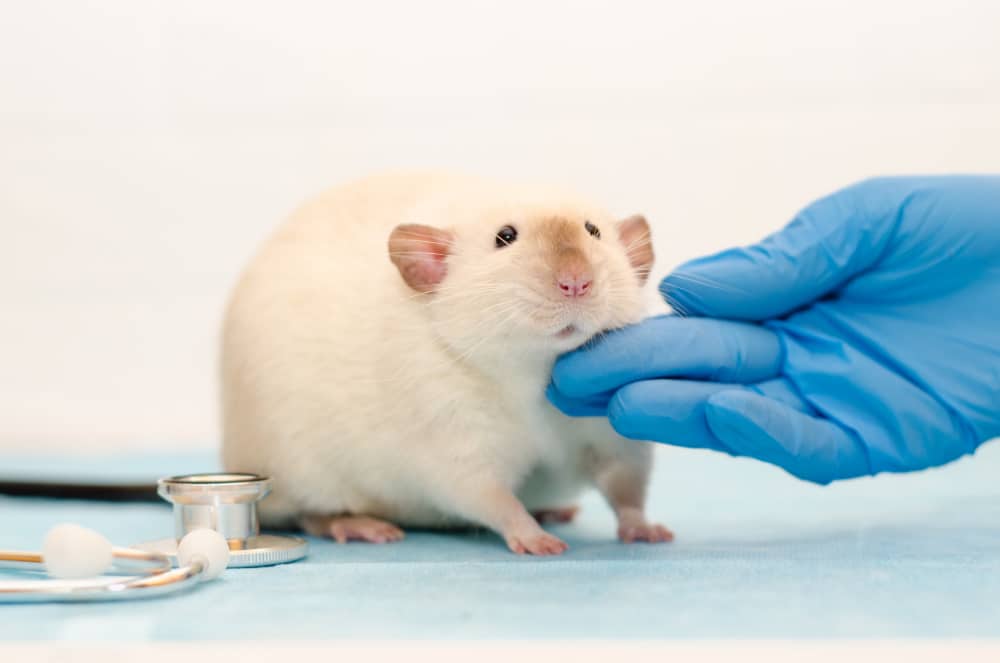Preventing Relapse During Recovery From Opioid Use Disorder

A pair of researchers at the University of Maryland (UMD) have partnered to study relapse during recovery from opioid use disorder (OUD). Reflecting the complex nature of addiction, one researcher comes from the biology department and the other from the psychology department.
Dr. Najib M. El-Sayed is the director of the Integrated Life Sciences Honors Program and UMD and specializes in research involving genetics and genomics. Dr. Xuan “Anna” Li is a neuroscientist who completed her postdoctoral training at the National Institute on Drug Abuse Research Program in Baltimore, Maryland. Her research at UMD focuses on the neural mechanisms of drug addiction.
Together, the researchers recently received a UMD Brain and Behavior Institute grant to study genetic and epigenetic behavior linked to relapse from OUD. They hope to map the neural circuits that trigger relapse. As Dr. Li explained to Maryland Today:
Understanding these pathways will be crucial for disrupting the addiction cycle and ultimately improving outcomes for those who struggle with relapse.
Dr. Li’s research involves work with addicted rats. Her partnership with Dr. El-Sayed will enable her to extract tissue from addicted rats for analysis in Dr. El-Sayed’s lab. This will “allow researchers to identify which genes are turned on or off in response to addiction-related signals.”
Dr. El-Sayed’s team will then analyze the results “using advanced computational methods to integrate genetic and epigenetic data.” Dr. El-Sayed has a joint appointment to UMD’s Institute for Advanced Computer Studies and the Center for Bioinformatics and Computational Biology.
The genetics of addiction has become increasingly clear in recent years. Some individuals are “genetically predisposed to developing reward deficiency syndrome (RDS),” according to a massive review in the Journal of Personalized Medicine. A genetic test called the Genetic Addiction Risk Score (GARS) is able to identify reward deficiency in people in recovery.
What comes after identification of the genetics and epigenetics of relapse in recovery from opioid use disorder? Dopamine homeostasis restoration! Researchers report that both methadone and buprenorphine — medications used in the treatment of OUD — degrade the reward response mechanism, increasing the likelihood of relapse. They suggest that dopamine homeostasis therapy would avoid this problem.
Researchers explain the process of dopamine homeostasis restoration:
[L]ong-term activation of dopaminergic receptors will give rise to a greater proliferation of the receptors and result in enhanced ‘dopamine sensitivity.’ Dopamine receptor proliferation can lead to an increased sense of happiness, particularly in carriers of the DRD2 A1 allele. Based on genetic and previous research, [dopamine homeostasis restoration provides] both treatment and prevention of multiple addictions, such as dependence on glucose, nicotine, and alcohol.
The genetic researchers explain that a decrease in dopamine receptors, due to genetics or substance abuse, leads to “excessive cravings for psychoactive drugs and non-substance addictive behaviors.” A larger number of dopamine receptors leads to “low craving behavior and greater reward satisfaction.” In a study with patients recovering from alcohol use disorder, researchers found:
The nutrigenomic activation of dopamine by the KB220-IV in a clinical trial using intravenous administration of the KB220 in more than 600 alcoholic patients resulted in significant reductions in RDS behaviors.
KB220 is described as a neuronutrient. The researchers say, “The most striking feature of KB200Z therapy is the normalization of motivational and brain reward function, improving overall functional competence.” They summarize the value of extending this research:
These studies would contribute important information that could eventually lead to significant improvement in recovery for those with dopamine deficiency-RDS due to the breakdown of multiple neurotransmitter signal transductions in the brain reward cascade, a factor in various types of addictions.
The continuous loop of research, funded by grants such as UMD’s Brain and Behavior Institute, allows researchers to trace the path of opioids in the brain, watch the impact of agonist medications, and tailor neuronutrients to restore dopamine homeostasis. This may not be the answer to addiction, but it’s a better solution than the ones we currently use.
Written by Steve O’Keefe. First published March 5, 2025.
Sources:
“UMD Team Examines Brain Processes to Understand Opioid Relapse,” Maryland Today, February 24, 2025.
“A Novel Precision Approach to Overcome the ‘Addiction Pandemic’ by Incorporating Genetic Addiction Risk Severity (GARS) and Dopamine Homeostasis Restoration,” Journal of Personalized Medicine, March 16, 2021.
Image Copyright: irishe4ka.




